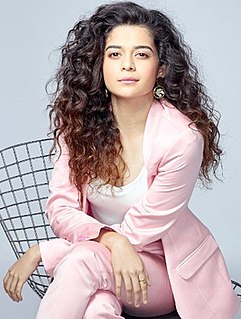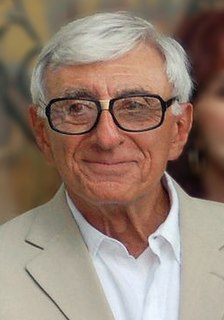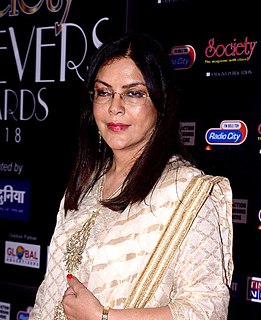A Quote by Derek Cianfrance
When I made my student film, a feature, nobody wanted to talk to me and I was, like, in the desert for 12 years.
Related Quotes
Most of the most successful films Blumhouse has made have been rejected by everyone else. No one wanted to make 'Get Out.' Nobody. Nobody wanted to make 'The Purge.' I think it was floating around for three years before it came to us. Nobody wanted to make 'The Gift,' when it was a script called 'Weirdo.'
I have a general feeling that writers and artists who are in this peculiar situation, of being a persecuted artist, all anyone ever asks about is the persecution. It may well be that's the last thing in the world they want to talk about. There were many years in which every journalist in the world wanted to talk to me, but nobody wanted to talk to me about my work. That felt deeply frustrating because I felt there was an attempt to stifle me as an artist. The best revenge I could have was to write.
You know, our country's being ripped apart. And let me tell you, this is largely an economic issue, too. You know that workers, hard-working people, middle class people, haven't had a salary increase effectively in 12 years, all right? So for 12 years, they're making less now in many cases than they made 12 years ago.
In interviews, I never wanted to play into the myth of, 'Yeah, I was sitting there doing nothing, and then made 'Slacker.'' No. I'd been making shorts, a Super-8 feature, and running a film society. I always try to stress to people that there's a lot of work involved and years of preparation. But no one wants to hear that part.



































